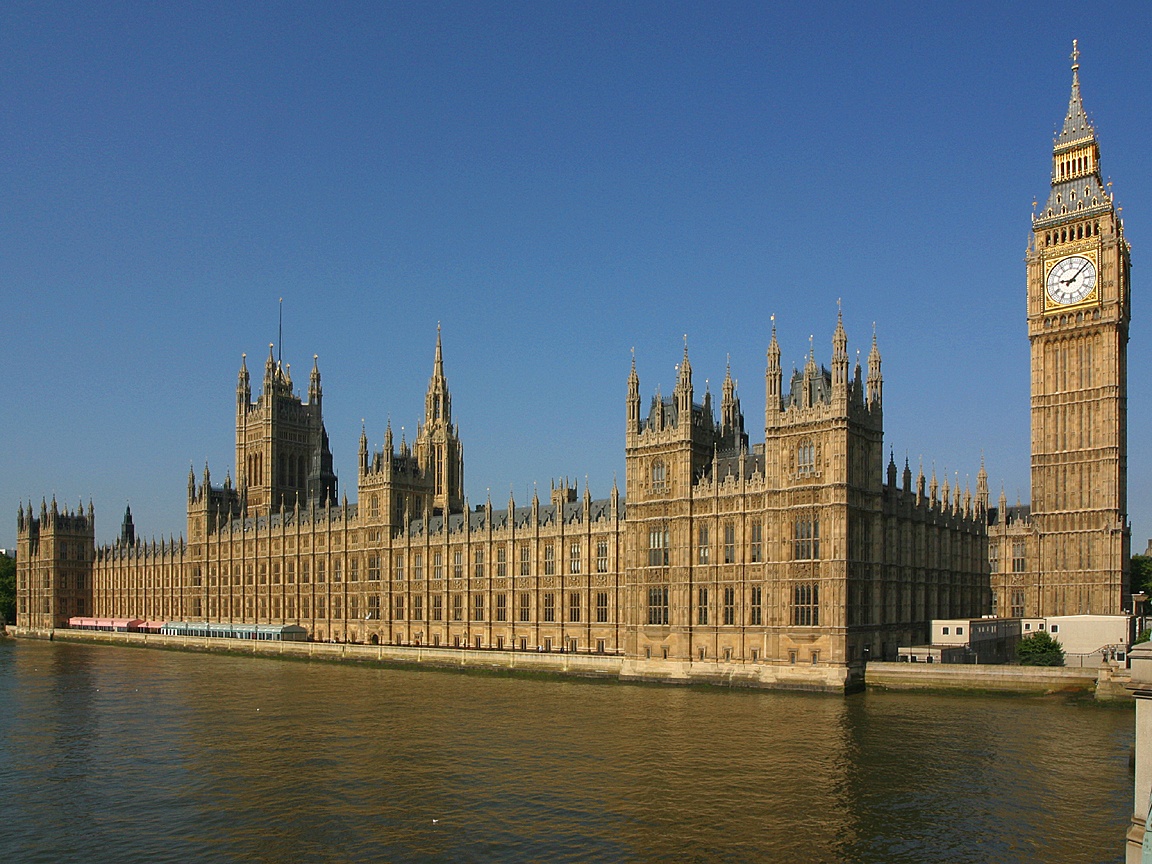Charities are being urged to avoid lobbying policy makers through blanket emails and instead focus on one-to-one meetings and events, according to a think tank.
This change in approach is necessary to improving trust between charities and politicians, particularly Conservative MPs and councillors, adds Pro Bono Economics.
The findings have emerged in a report, based on the views of 700 MPs, councillors and civil servants, through the think tank’s Law Family Commission on Civil Society.
This found that found that just 35% of Tory councillors and civil servants and 40% of Conservative MPs trust charities to provide services reliably and on budget.
But Pro Bono Economics says “this scepticism can be overcome if a charity builds a personal relationship with an MP”.
It found that when personal relationships are forged, 62% of Conservative MPs use evidence and insights by charities they know.
There is also an appetite among policy makers to know more about the work of charities.
Around six in ten (59%) of MPs and two thirds (65%) of local councillors want to see more engagement with charities, with events and meetings their favoured way of hearing about good causes.
Most (61%) MPs surveyed urge charities to ensure their lobbying is tailored to their areas of work and 69% say one to one meetings is their preferred method of communication.
In addition, 65% of MPs think attending an event organised by a charity is an important form of communication.
Similarly, around three quarters of councillors favour one to one meetings and events.
Meanwhile, 60% of civil servants are keen to communicate more with charities, although most (61%) favour written reports. A similar proportion (58%) gather information from charities websites, while 55% value one-to-one meetings.
Advice on improving lobbying
Advice to charities to improve their relationship with politicians is to provide stronger evidence of the value of their work and campaigning. Funders and policy makers are urged to support charities in ramping up the quality of evidence provided.
Civil servants should also be encouraged to take up volunteering and secondments in the charity sector.
“This will help meet the government’s commitment to bring in more outside perspectives to Whitehall, help civil servants develop their skills in collaboration, improve their understanding of civil society and contribute valuable skills and insights to charities they work with,” said the think tank.
According to the survey only a third of civil servants said they had contact with a charity over the previous 12 months, compared to nine in ten councillors and MPs.
Helen Barnard, research and policy director at Pro Bono Economics, added: “Every day, policymakers and charities on a local and national level interact in the shared interests of the communities they serve.
“But the study also shows that a stronger partnership is both possible and readily available. The levels of engagement between policymakers and charities and their experiences of these interactions vary considerably. There is clearly an appetite from many charities and policymakers for clearer and more collaborative relationships.
“This requires work from charities in improving their knowledge of policymaking and the way they campaign and communicate with policymakers. But it also requires better support and understanding from councils, MPs, Whitehall and charity funders who all help to shape the environment in which charities work.”
Latest News
-
Former ACEVO chair to lead youth charity
-
Small charity funder boosts grant size
-
Cranfield Trust announces appointment of new chief executive
-
Large charities 'more effective' by partnering with small community groups
-
400-year-old funder pledges more ‘flexible and longer term’ grant giving
-
Cyber security chief to lead Girlguiding
Charity Times video Q&A: In conversation with Hilda Hayo, CEO of Dementia UK
Charity Times editor, Lauren Weymouth, is joined by Dementia UK CEO, Hilda Hayo to discuss why the charity receives such high workplace satisfaction results, what a positive working culture looks like and the importance of lived experience among staff. The pair talk about challenges facing the charity, the impact felt by the pandemic and how it's striving to overcome obstacles and continue to be a highly impactful organisation for anybody affected by dementia.
Charity Times Awards 2023
Mitigating risk and reducing claims

The cost-of-living crisis is impacting charities in a number of ways, including the risks they take. Endsleigh Insurance’s* senior risk management consultant Scott Crichton joins Charity Times to discuss the ramifications of prioritising certain types of risk over others, the financial implications risk can have if not managed properly, and tips for charities to help manage those risks.
* Coming soon… Howden, the new name for Endsleigh.
* Coming soon… Howden, the new name for Endsleigh.
Better Society

© 2021 Perspective Publishing Privacy & Cookies











Recent Stories